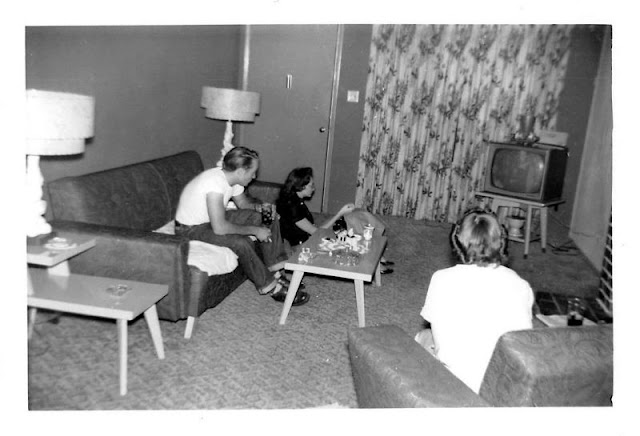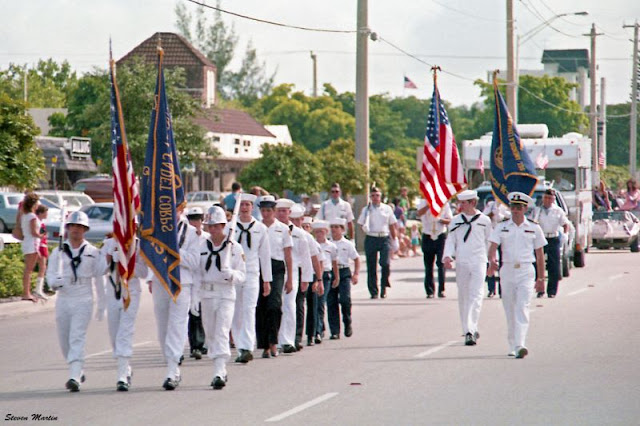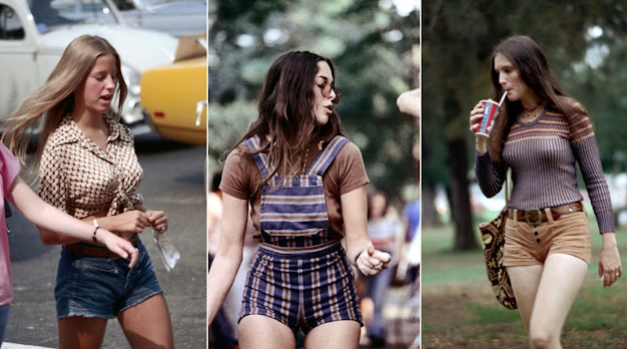"My Three Sons" is a beloved American sitcom that graced television screens for over a decade, from 1960 to 1972. Created by Don Fedderson and produced by Fred Henry, this show marked a significant cultural and entertainment milestone in the United States. With a heartwarming family-centric theme, witty humor, and a memorable cast, "My Three Sons" remains a timeless classic that continues to capture the hearts of audiences old and new. This article will explore the show's history, its enduring appeal, and the impact it had on the landscape of American television.

The Storyline

The show revolves around the life of Steven Douglas, a widowed aeronautical engineer, played by the talented Fred MacMurray. Steven is tasked with raising his three sons after the loss of his wife. These three sons, in birth order, are Mike, Robbie, and Chip. Mike, played by Tim Considine, is the oldest and often serves as the responsible and protective older brother. Middle child Robbie, portrayed by Don Grady, represents the transitional phase from adolescence to adulthood. Finally, there is Chip, played by Stanley Livingston, the youngest and most mischievous of the three.
The central premise of the show is Steven's struggle to balance his demanding career with his responsibilities as a father. Throughout the series, Steven is portrayed as a loving, caring, and understanding father, juggling the challenges of parenthood while also managing his household. He is assisted by his father-in-law, Bub O'Casey, played by William Frawley (and later, William Demarest). Together, they face a myriad of humorous and heartwarming situations.

As the series progresses, the boys grow and develop, moving through various life stages and challenges. This natural evolution of the characters allowed the show to explore different aspects of family life, relationships, and personal growth. The show struck a perfect balance between comedy and heartfelt moments, making it appealing to a broad audience.
Setting and Production
"My Three Sons" was set in the fictional town of Bryant Park, California. The Douglas family's home was a typical American suburban house, complete with white picket fences and a loving, bustling household. The familiar and relatable setting resonated with viewers, as it reflected the essence of the American dream during the 1960s and 1970s.
The show's production values were exemplary for its time. It was filmed in black and white for its first five seasons, which was standard for television shows of that era. However, in its sixth season, "My Three Sons" transitioned to color, keeping up with technological advancements and making the show even more visually appealing.
Cast and Characters

Fred MacMurray, best known for his roles in film, brought his acting prowess to television with his portrayal of Steven Douglas. His charisma and warmth made him a beloved figure in American households. MacMurray's strong presence as a father figure set a high standard for the depiction of responsible fathers on television.
Tim Considine, Don Grady, and Stanley Livingston were perfectly cast as the three sons. Their chemistry and dynamic interactions on-screen felt genuine, contributing to the show's authenticity. Each actor brought their unique talents to the roles, resulting in well-rounded and relatable characters.
The supporting cast was equally important in shaping the show's appeal. William Frawley, famous for his role as Fred Mertz on "I Love Lucy," played the role of Bub O'Casey in the early seasons of the show. After Frawley's health declined, William Demarest joined the cast as Uncle Charley O'Casey. These characters provided comic relief and added depth to the family dynamic.
Appealing Themes and Values
"My Three Sons" was not just a sitcom; it was a reflection of the values and themes that resonated with the American audience of the 1960s and 1970s. The show celebrated family, community, and personal growth. The Douglas family faced typical challenges, and the show addressed them with humor and heart.
One of the show's prominent themes was the importance of family support. The relationship between the three brothers and their father was a central focus. The show highlighted the value of communication, understanding, and empathy in family relationships, offering important life lessons for its viewers.
Another key theme was the importance of strong male role models. In an era when traditional gender roles were more pronounced, "My Three Sons" emphasized the significance of fathers in a family's life. Steven Douglas was depicted as a loving and involved single father, which was a refreshing and progressive portrayal for its time.
Legacy and Cultural Impact
The cultural impact of "My Three Sons" is substantial and continues to be felt today. Here are some of the ways in which the show left its mark:
Family-Centric Sitcoms: "My Three Sons" contributed to the development of family-centric sitcoms. It set the stage for shows like "The Brady Bunch," "The Partridge Family," and "The Waltons," all of which featured families facing everyday challenges and growing together.
Gender Role Representation: The show challenged traditional gender roles by portraying a single father as the central figure in the family. This was a significant step toward promoting diverse family structures and offering viewers alternative family models.
Longevity and Success: The show ran for 12 seasons, which was a considerable achievement for any television program. Its consistent success over such a long period demonstrated its broad appeal and lasting popularity.
Spin-Offs and Reboots: "My Three Sons" inspired spin-offs, including "My Three Sons: The MacMurrays" and "My Three Sons: Robbie and Katie." Additionally, there have been discussions about potential reboots, demonstrating the enduring allure of the show's concept.
Impact on Cast Members: The show launched the careers of its young cast members. Fred MacMurray continued to have a successful career in film and television, and Don Grady pursued a career in music and acting after the show's conclusion.
Nostalgia and Relevance: "My Three Sons" remains relevant to newer generations, as it captures the essence of family and the challenges that come with it. Its timeless humor and relatable themes continue to appeal to audiences.
Conclusion
"My Three Sons" is more than just a sitcom; it's a testament to the enduring appeal of family-centered entertainment. This classic show showcased the values of love, communication, and personal growth, all while challenging traditional gender roles. With its memorable cast and relatable storylines, it continues to be a beloved part of American television history. "My Three Sons" reminds us that the family is at the heart of our lives, and its influence on television and culture is still felt today.



